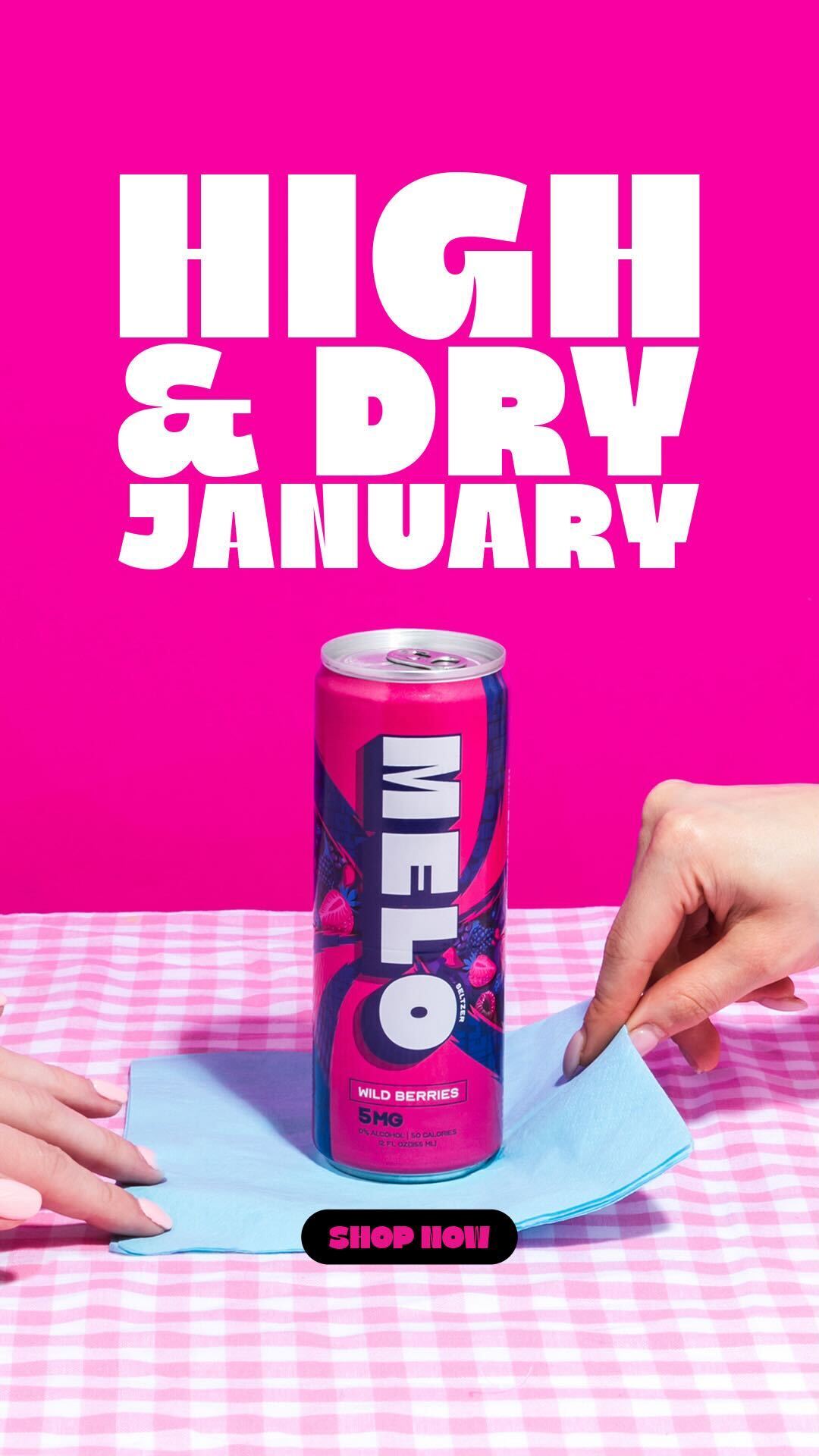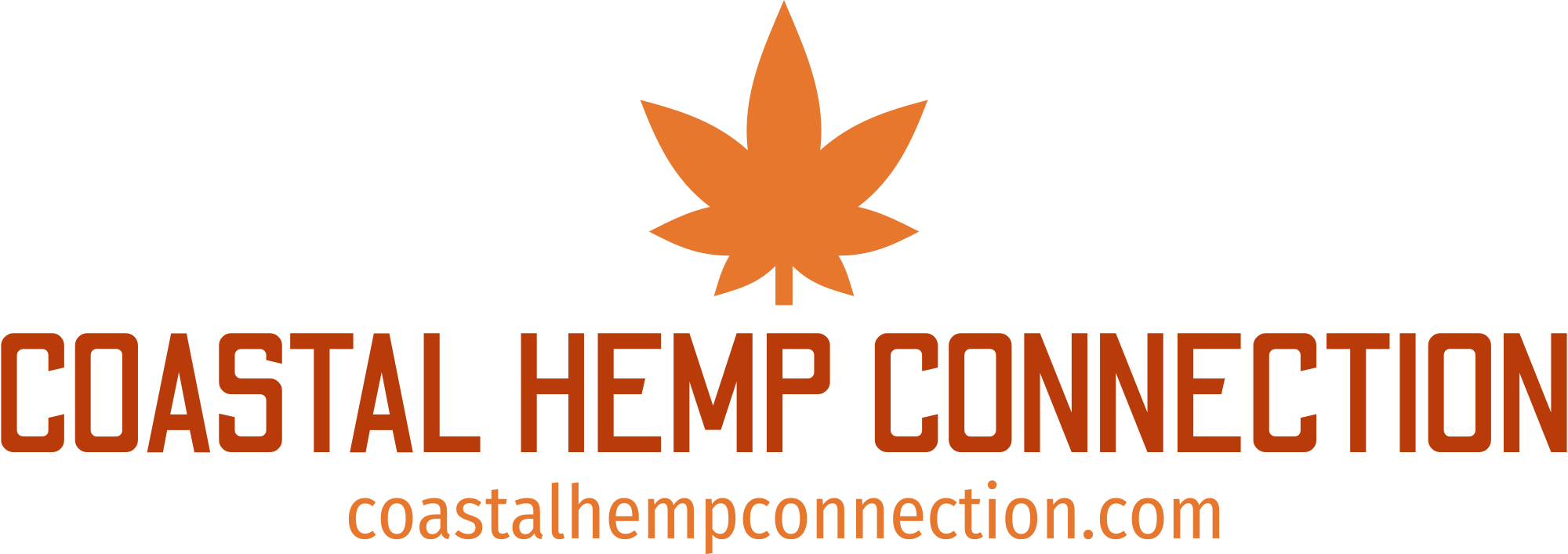Federal Law
The legal landscape surrounding cannabis and its derivatives, such as THC beverages, remains complex and constantly evolving in the United States. While some states have legalized recreational or medical marijuana use, federal law still classifies cannabis as a Schedule I controlled substance, prohibiting its production, distribution, and possession at the national level.
DEA Scheduling
The Drug Enforcement Administration (DEA) categorizes substances into five schedules based on their potential for abuse, medical use, and safety. THC, the psychoactive compound in marijuana, is classified as a Schedule I drug under federal law. This classification implies that THC has a high potential for abuse, lacks accepted medical use, and carries a high risk of dependence.
Hemp-derived THC
Despite the DEA’s classification, hemp-derived THC products containing less than 0.3% delta-9 THC are legal at the federal level under the 2018 Farm Bill. This provision has led to the emergence of a booming market for hemp-derived THC beverages, often marketed as CBD-infused drinks with minimal psychoactive effects.
However, the lack of clear federal guidelines regarding the production and labeling of hemp-derived THC beverages has created uncertainty and potential conflicts with state regulations. Some states have enacted stricter limits on THC potency in food and beverages, while others have outright banned hemp-derived THC products altogether.
State Laws
The legal landscape surrounding THC beverages in the United States is a patchwork of varying state laws that often conflict with federal regulations.
Let me know if you need help with more paragraphs!
Legalization Status by State
In states where recreational or medical marijuana is legal, THC beverages are generally regulated under the same framework as other cannabis products. These states often set specific limits on the amount of THC allowed in beverages and may require manufacturers to comply with strict labeling and safety standards.
Several states have implemented their own regulations regarding hemp-derived THC beverages, even though these products are legal at the federal level. For example, California has a limit of 10 milligrams of delta-9 THC per serving in cannabis-infused beverages, while Colorado allows up to 100 milligrams per container.
The legal status of hemp-derived THC beverages can also vary depending on local ordinances within a state. Some cities or counties may have stricter regulations or outright bans on these products, regardless of state law.

As the cannabis industry continues to evolve, the legal landscape surrounding THC beverages is likely to remain fluid and subject to change. Consumers are encouraged to stay informed about the laws and regulations in their respective states and localities.
THC Concentration Limits
State laws regarding THC concentration limits in beverages vary widely. Some states allow higher concentrations than others, while some have banned hemp-derived THC products altogether.
States with legalized recreational or medical marijuana often set specific limits on THC content in edibles and beverages, typically ranging from 10 to 100 milligrams per serving or container. These regulations aim to ensure consumer safety and prevent accidental overconsumption.
States with laws allowing hemp-derived products may have different limitations for delta-9 THC content, often adhering to the federal limit of 0.3%. However, some states may implement stricter limits on THC potency in food and beverages derived from hemp.
It is crucial for consumers to be aware of the specific laws governing THC beverages in their state or locality. Information about THC concentration limits can often be found on product labels, state government websites, or through consumer advocacy groups.
Other Regulations (e.g., labeling, sales restrictions)
State laws regarding THC concentration limits in beverages vary widely. Some states allow higher concentrations than others, while some have banned hemp-derived THC products altogether.
- States with legalized recreational or medical marijuana often set specific limits on THC content in edibles and beverages, typically ranging from 10 to 100 milligrams per serving or container. These regulations aim to ensure consumer safety and prevent accidental overconsumption.
- States with laws allowing hemp-derived products may have different limitations for delta-9 THC content, often adhering to the federal limit of 0.3%. However, some states may implement stricter limits on THC potency in food and beverages derived from hemp.
It is crucial for consumers to be aware of the specific laws governing THC beverages in their state or locality. Information about THC concentration limits can often be found on product labels, state government websites, or through consumer advocacy groups.
Industry Standards and Best Practices
Navigating the legal landscape surrounding THC beverages in the United States requires an understanding of both federal and state regulations. While hemp-derived THC products containing less than 0.3% delta-9 THC are federally legal, states have varying approaches to their regulation, including potency limits, labeling requirements, and even outright bans.
Third-Party Testing
Industry standards and best practices for producing THC beverages aim to ensure product quality, safety, and consistency. These guidelines often encompass aspects such as ingredient sourcing, manufacturing processes, testing protocols, and packaging.
- Ingredient Sourcing: Reputable manufacturers prioritize procuring high-quality ingredients from trusted suppliers, ensuring that the starting materials meet specified purity and potency standards.
- Manufacturing Processes: Standardized production methods help maintain consistency in THC content and flavor profiles across batches. This involves precise dosing of THC extracts, controlled blending techniques, and meticulous hygiene practices.
- Testing Protocols: Independent third-party testing laboratories play a crucial role in verifying the accuracy of THC labeling and ensuring that products are free from contaminants or adulterants. These tests often analyze potency, purity, and residual solvents.
- Packaging: Secure and tamper-evident packaging helps protect product integrity, preserve freshness, and prevent accidental ingestion by children.
Third-party testing is essential for building consumer confidence and ensuring compliance with regulatory requirements. Independent laboratories use validated analytical methods to assess the THC content, cannabinoid profiles, and safety of cannabis products. These tests provide objective data that can be used to verify labeling accuracy, detect potential adulterants or contaminants, and monitor product quality over time.
Manufacturing Processes
**Note:** This outline provides a basic structure. You may need to add or modify sections based on the specific focus and scope of your article. Remember to research and cite reliable sources for accurate information.
Industry standards and best practices for producing THC beverages aim to ensure product quality, safety, and consistency. These guidelines often encompass aspects such as ingredient sourcing, manufacturing processes, testing protocols, and packaging.
- Ingredient Sourcing: Reputable manufacturers prioritize procuring high-quality ingredients from trusted suppliers, ensuring that the starting materials meet specified purity and potency standards.
- Manufacturing Processes: Standardized production methods help maintain consistency in THC content and flavor profiles across batches. This involves precise dosing of THC extracts, controlled blending techniques, and meticulous hygiene practices.
- Testing Protocols: Independent third-party testing laboratories play a crucial role in verifying the accuracy of THC labeling and ensuring that products are free from contaminants or adulterants. These tests often analyze potency, purity, and residual solvents.
- Packaging: Secure and tamper-evident packaging helps protect product integrity, preserve freshness, and prevent accidental ingestion by children.
Third-party testing is essential for building consumer confidence and ensuring compliance with regulatory requirements. Independent laboratories use validated analytical methods to assess the THC content, cannabinoid profiles, and safety of cannabis products. These tests provide objective data that can be used to verify labeling accuracy, detect potential adulterants or contaminants, and monitor product quality over time.

Taste refreshing THC seltzers for an easygoing high
- Why Does Lip Filler Look So Bad - November 10, 2025
- What Is The Best Tear Trough Filler - November 9, 2025
- What Are The Best CBD Gummies For Reducing Pain And Inflammation - November 7, 2025
